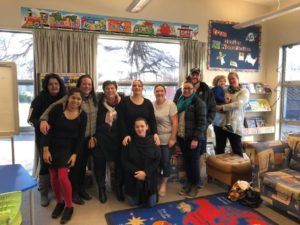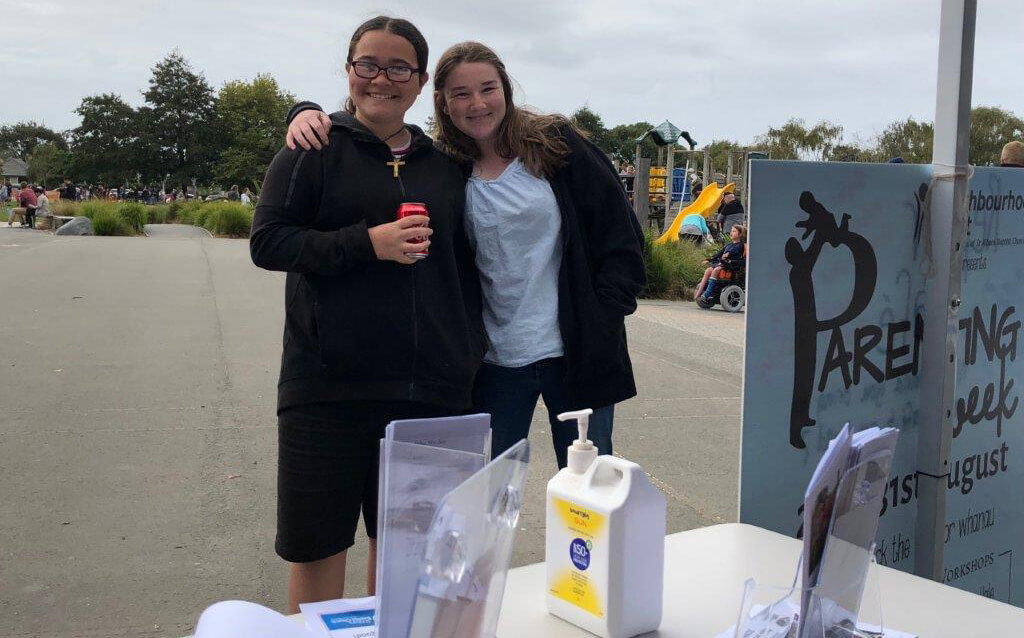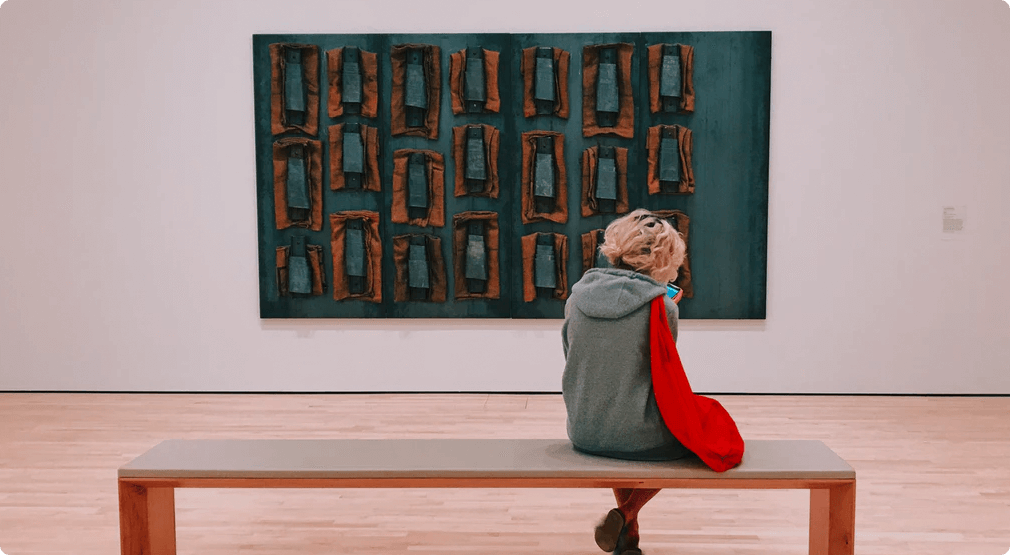Social and economic deprivation, loneliness and social isolation are fast emerging as major issues facing modern society, particularly because of their adverse effects on health and wellbeing. A great paradox of our hyper-connected digital age is that we seem to be drifting apart.
Specific groups are marginalised and excluded from the wider community because of their culture, gender identity, social or economic status, and intergenerational deprivation. Some regions within Aotearoa New Zealand experience higher levels of economic and social deprivation. Addressing those issues would be good for those regions and for the country as a whole.
We believe that community-led solutions are often the most effective ways to address complex social issues. Connected, generous communities and neighbourhoods are good for all of us.
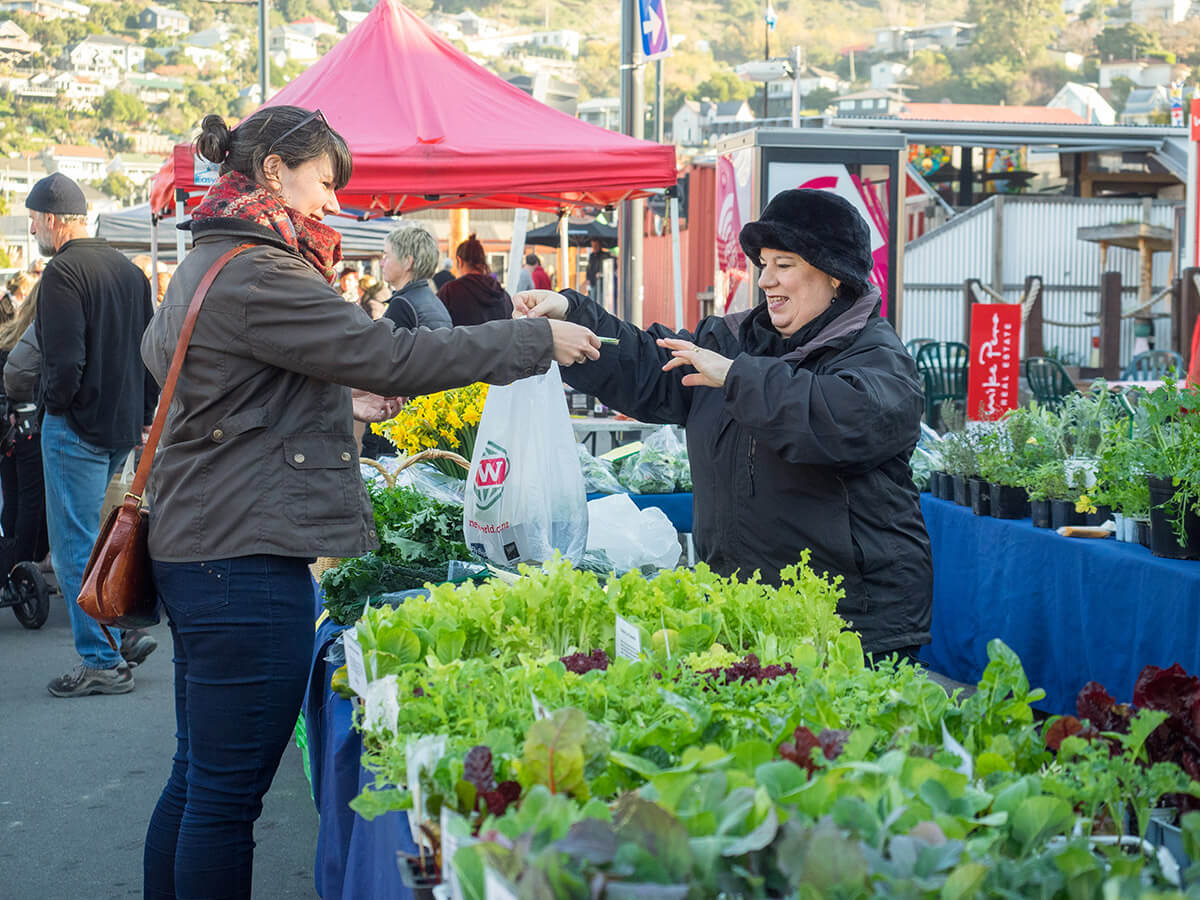
Our Goals for Community
- Connected, cohesive communities and neighbourhoods.
- Increased community resilience and wellbeing.
- More resourceful communities able to look after themselves and their environment.
- All members of a community feel a sense of belonging and identity.
- Diversity is encouraged and celebrated in our communities so that people of all ethnicities, religions, socioeconomic and family backgrounds, sexual orientations, gender identities and abilities, belong, are safe and free of violence and discrimination.
- Trans, takatāpui and intersex young people are safe and well, and communities are inclusive, kind and equipped with the right information to support them.
- A compassionate and effective justice system especially for young people, Māori and women.
- Communities affected by significant disaster or trauma recover their wellbeing as quickly as possible.
- Generosity grows and thrives in Aotearoa New Zealand. In particular, we support the promotion of local generosity through the development of Community Foundations.
- Communities identify their own challenges and have capable organisations and leaders to address them — especially in areas with high levels of social and economic deprivation.
- A robust and sustainable social enterprise and impact investment sector.
- Local Māori economic enterprise flourishes and provides sustained benefits for whānau, hapū and iwi.
- On a case-by-case basis, support for the development of village-led enterprises in the Eastern Pacific to reduce reliance on overseas remittances (as this can often have a burden on families in New Zealand), and which promote more resilient communities and livelihoods, and complement the Sustainable Development Goals (for example, climate change).
- Local projects that are identified by Volunteer Service Abroad (VSA) as our Local Donations Manager for the Eastern Pacific. Small funds are available for initiatives that promote economic development, have high community engagement and have VSA involvement.
Community donations support:
working alongside communities to support them to be empowered, inclusive and to lead positive change
Our Community Priorities
TTF is unable to support every application that we receive. Applicants should ensure their project fits the goals and areas outlined above, and the priorities listed below, before applying.
Projects that work in these ways and meet more of our priorities will have a greater chance of receiving support.
- Growing generosity in our communities
- Investing for impact
- Community-led solutions
- Equity, social cohesion, and inclusion in our communities especially with regard to culture, gender identity and social or economic status
- Celebrating and enhancing inclusiveness and diversity
- Collaborating with others for greater impact
- Growing opportunities in key regions especially Taitokerau / Tairāwhiti / Horowhenua / Whanganui
- Initiatives that demonstrate a kaupapa Māori approach to their work
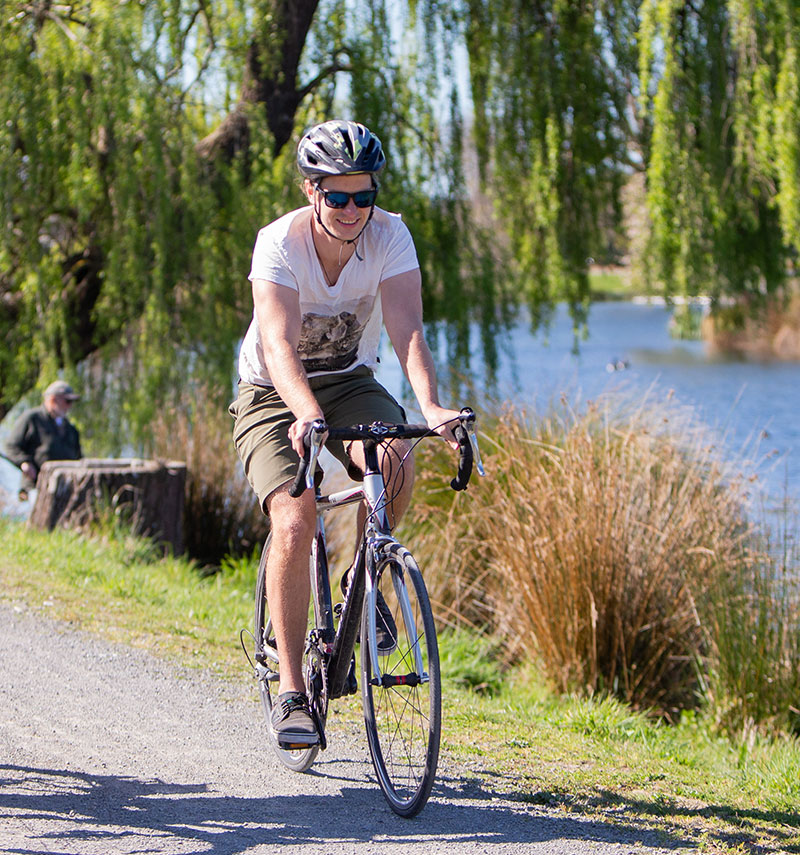
We do not support
TTF is unable to support every application that we receive. Applicants should ensure their project fits our goals and priorities before applying.
Projects that help us reach outcomes and meet more of our priorities will have a greater chance of receiving support.
TTF is unable to support the following:
Other Donation Streams
Not sure you fit into Family?
Try the following:
Application process
Applying for Tindall Foundation funding is a simple process. We will guide you through the steps you need to take to apply. Please ensure you have read our exclusions and ensure your initiative fits our criteria.
Before you start make sure you have the following:
- Your Charities Commision number if you are registered
- Bank account number and account name
- PDF copy of Bank deposit slip to attach to your application
Focus Areas
Please ensure that your project fits within our Focus Areas:
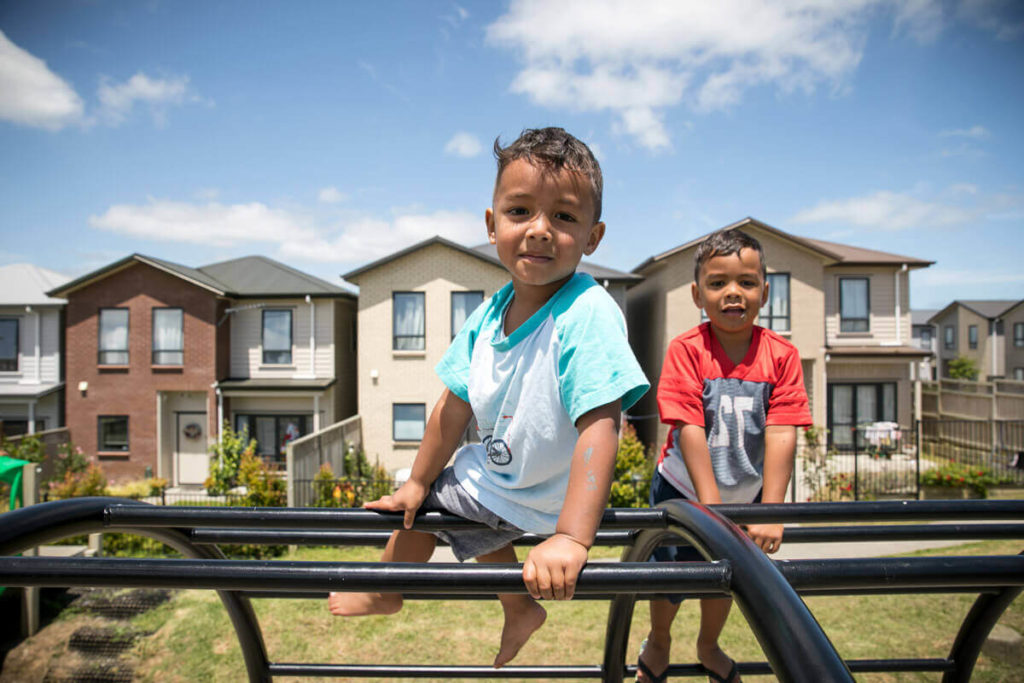

Eligibility Questionnaire
Firstly, you will be asked to complete a brief eligibility questionnaire. Once you’ve answered a few simple questions, we will be able to advise if, from your answers, we think you are eligible to continue your funding application.
Application
You will need to complete an online application form to apply for a donation. We advise that you make a copy of your application form as you go for your records.
You will need to describe in a clear and concise way:
- The initiative for which you are requesting a donation
- The plans you have to put your initiative in place
- The people who will carry out the initiative and their qualifications/experience
- How much money you are requesting per year and for what period of time – if the requested amount is for 1, 2 or 3 years
- The need for your initiative and how your initiative will be meeting this need
- The intended outcomes of your initiative and how you will know that you have achieved these
- How the initiative will be financially sustained after the donation period
- A budget breakdown including any other funding applied for/secured
NB: if you are applying under the Family or Environmental focus area, and your initiative is local rather than national and under $15,000, you should apply directly to your Local Donation Manager. Find out more here.

Other Donation Streams
Not sure you fit into Community?
Try the following:
Ready to Apply?
There is no closing date or donation rounds at the Tindall Foundation unless you
are eligible to receive a donation via one of our Local Donation Managers.
Because we do not consider urgent or retrospective applications, we recommend
that you submit your request at least four months before you need the donation.
